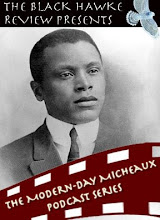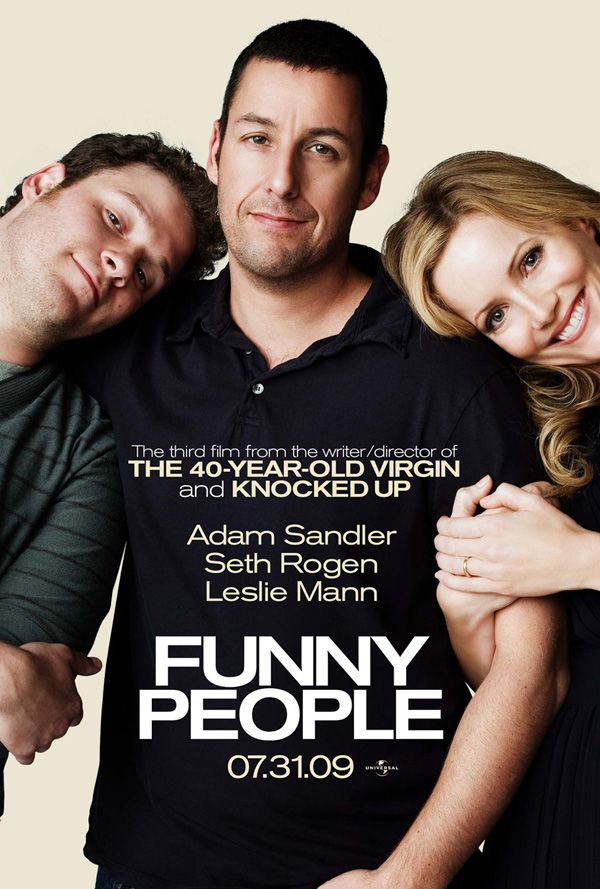
"Get off my lawn!" Dirty Harry is back!
EXTRAS:
Gran Torino is the story of a racist, widowed Korean War vet, Walt Kowalski, whom finally changes with the times. Living in a Detroit neighborhood overtaken by hispanic and Hmong gangs, he befriends his Hmong neighbors becoming almost like a father figure to their kids.
It's funny how a film about a racist turns out being less racist than films not about racists. Walt has a potty mouth and basically offends everybody from pollacks, to micks, to "gokes", what he constantly calls Hmongs people. The thing is, he's an asshole to everyone, including his own children. So does he really mean the stuff he says. That part is questionable until we come to a scene where he teaches the neighbor's kid that his offensive language is how "real men" talk.
He's actually a sweetheart and basically adopts the neighbor's kids, teaching the son how to work hard and protecting the daughter from neighborhood gangs.
This film has a lot of potential, but regrettably in my opinion, doesn't live up to that. The actors at time become stiff and the dialogue at times becomes smarmy. Clint Eastwood is notorious for accepting screenwriter's first draft. Sometimes this could be a good thing, but Gran Torino is one of those scripts that could have definitely used a touch-up. I still haven't decided whether my beef with some of the acting is because of the script or the novice actors. The Hmong kids (Bee Vang & Ahney Her) both have their cringe-worthy moments as does the priest Christopher Carley whom plays Father Janovich.
Besides these qualms Gran Torino is entertaining and enlightening. Clint Eastwood is always great to watch and Christian Bale should take notes from him on how to grunt. The film takes place is Highland Park, Michigan which is the perfect setting due to its ravaged neighborhood yet archaic style. The film's title gets it's name from Walt's 1972 Ford Gran Torino which they stopped making in 1976. The car serves as a metaphor for Walt himself, and his old ways. Yet they can both still glisten and sparkle in 2009.
CULTURAL INTROSPECTION:
The climax of this movie is basically the stand-off between Walt and a Hmong gang. The Hmong gang attacks Tao, the Hmong kid Walt basically adopts. Walt retaliates by whopping one of the gang member's ass. The Hmong retaliate by shooting up Tao's home (not Walt's) and raping his sister Sue. This is where the inevitable Boyz In The Hood moment comes into play, but instead of the victim, Tao, it's Walt that makes the complex decision. He locks Tao in his basement to ensure he doesn't seek revenge while he seeks a resolution himself. In a way, it's also a major theme in Steven Spielberg's Munich. Violence only begets more violence. There's only one way out of the cycle. Either death or jail and the film involves both.
THE BLACK PERSPECTIVE:
The everlasting feud of the old school versus the new school. Living in 2009, we know there are just those old folks that lived in a different time period and are stubborn to get rid of there old ways. Do we ignore those people or try to change them? Is it worth it trying to change them? Should we consider the hate they'll potential spread to their offspring continually perpetuating the problem? Unfortunately, I believe racial hatred will always be in this world no matter how mixed and liberal we get, but it's refreshing to see a story about one of those stubborn hags who can change.
RATING:
- Clint Eastwood won many acting accolades for his portrayal in Gran Torino including a Golden Globe nomination.
- The film was rumored to be Clint Eastwood's last acting role.
- The film grossed $263 million dollars becoming Clint Eastwood's most lucrative film.
















.jpg)
No comments:
Post a Comment